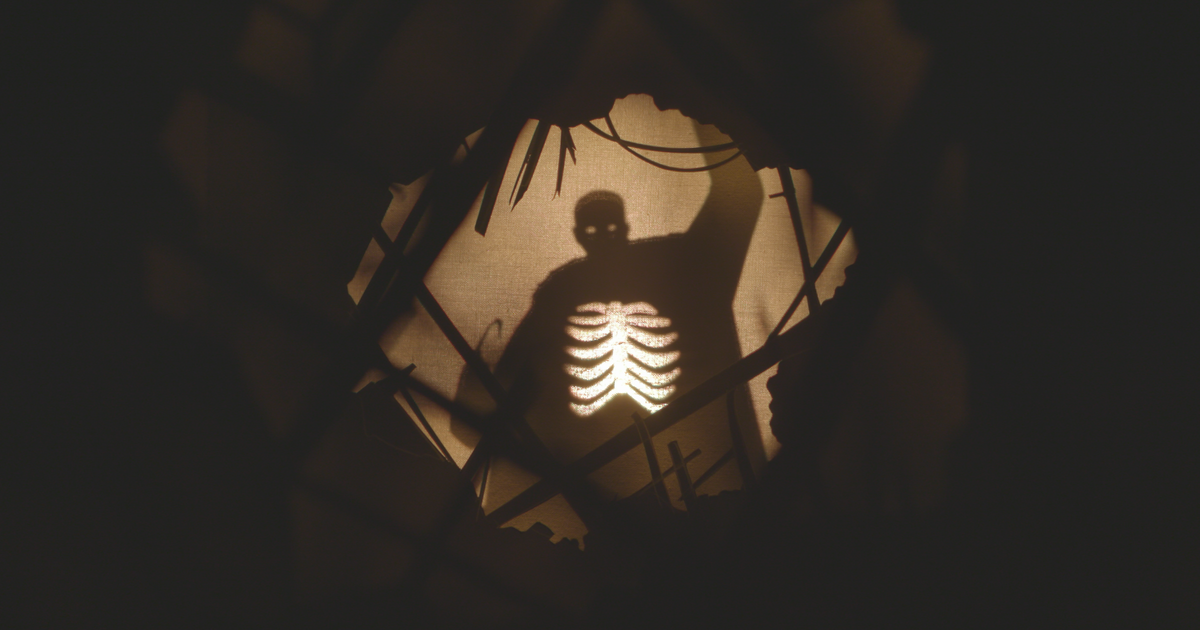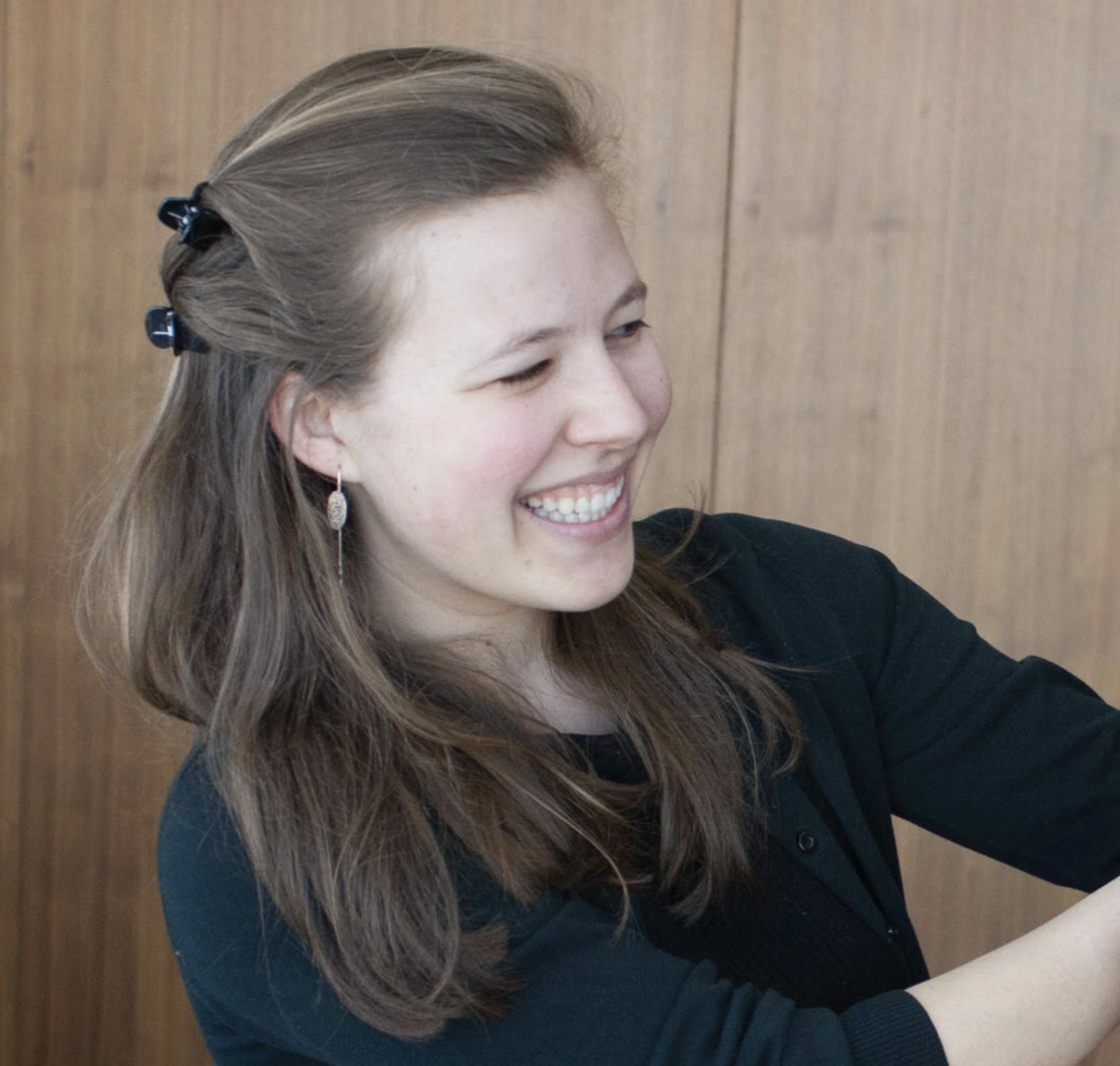The Reva and David Logan Center for the Arts is a living building. On any given day, the halls are full of every permutation of artistic practice—a double bass preparing for a concert on the Lower Level; community members flocking through the doors for a panel in the Performance Hall; a jazz concert in Café Logan; student circus performers perfecting acrobatics in Performance Lab 701; an open mic in the Performance Penthouse; countless classes and meetings and practices and rehearsals happening on all levels, in all spaces.
Read MoreThe psychoanalytic technique of dreamwork, says Gray Center Director and executive editor of Portable Gray Seth Brodsky, “is a kind of work that’s much weirder and more randomized and less censored than what goes into a lot of art-making. But nonetheless, there’s a will to create, and a will to assemble, and to cipher and to displace, or to condense, to create new metaphors.”
Read MoreWhat makes Candyman one of the greats of the genre has as much to do with the stories surrounding the films as with the psychological terror and blood-and-guts within them…As you settle in this Halloween weekend to marathon your favorite horror films, put Candyman (both of them) on the list, and read our short list of facts and production stories that we find interesting or illuminating. We hope your thrills and chills are enhanced a little by this information.
Read MoreJulie Marie Lemon has always been interested in revealing what cannot be seen at first glance. While working on her Master’s thesis at The University of Chicago, she examined how images from the Hubble Space Telescope mirror the conventions of oil paintings from the neo-Baroque period. In both the Hubble composites and the paintings, Lemon found, tiny details were made visible. “Deep down,” she says, “There are these connections.” These connections—invisible, powerful, and potentially field-altering—formed the basis for Lemon’s brainchild: the Arts, Science + Culture Initiative (ASCI).
Read MoreArchitecture and monuments hold space and attention, projecting myth, legend, and authority into the public sphere. Yet, recent uprisings and protests across the world suggest a rejection of what these structures represent.
Read MoreMarissa Fenley is a PhD candidate in English and TAPS (Theater and Performance Studies), as well as an ASCI Graduate Fellow. Lee Jasperse, a PhD candidate in English Language and Literature, as well as ASCI’s Graduate Management Fellow, interviewed Marissa on what puppets teach us about intimacy, how play and silliness enter into her scholarly process, and how a lifelong engagement with puppets inspired her dissertation project.
Read More“The Water Project: Research and Cultural Production,” a University-wide program established by the Arts, Science + Culture Initiative (ASCI), intends to amplify the discourse around water-related concerns by bringing together natural and social scientists, humanists, students, curators, community members, and artists.
Read More






